Praise Improves Performance
At the NeuroLeadership Summit we learned from Loews, Microsoft, and Sears about eliminating traditional approaches to performance reviews and ratings. Earlier this year, Accenture announced the ending of annual performance reviews. Deloitte, Adobe, Gap, Medtronic and more have all changed their annual review approach.
Apparently, over 85% of companies are not satisfied with their current performance management approach. A belief that the people in your organization can be developed (a growth mindset) was shown to be one of the key differentiators in a successful approach to talent development / performance management. This belief creates a culture of collaboration and growth, goal achievement, and more effective feedback.
To give more effective feedback, we recommend positive praise over finger pointing. Pointing out faults does not necessarily help people get better. In fact, you get more of what you focus on! So we suggest praising positive performance.
A few tips on Positive Praise:
- Recognize – take time to understand someone’s unique strengths, gifts and abilities. Have a conversation and share the difference between a fixed mindset and a growth mindset (either you believe you are “born smart” or you believe you can “get smarter throughout life”.) Affirm your growth mindset belief that anyone can learn, develop and change. People improve the most in their area of strength. The more you understand the potential strengths of your people, the more you can recognize their praise-worthy greatness.
- Support – in order to catch someone doing something praise worthy, you need to support him or her. Neuroscience shows that what we believe about our capabilities impacts our success. So let your people know that you believe in their ability to figure it out, make it happen and get the job done. Support is given through encouragement, stretch goals, and approval.
- Reward – celebrate what’s right with positive praise. Your praise should encourage the receiver to believe in their capabilities versus their talent. For example, rather than complimenting someone on being really smart, praise them for how they have used their problem solving skills to accomplish the project faster. It’s a subtle but significant difference. It takes more of your time to praise with this level of precision, but its praise that pays!
Improve performance through praise by recognizing your people’s strengths, supporting your people, and rewarding them with positive praise.
GAP’s new performance management process is called “Grow, Perform, Succeed.” What a great message to the talent you want to develop!

